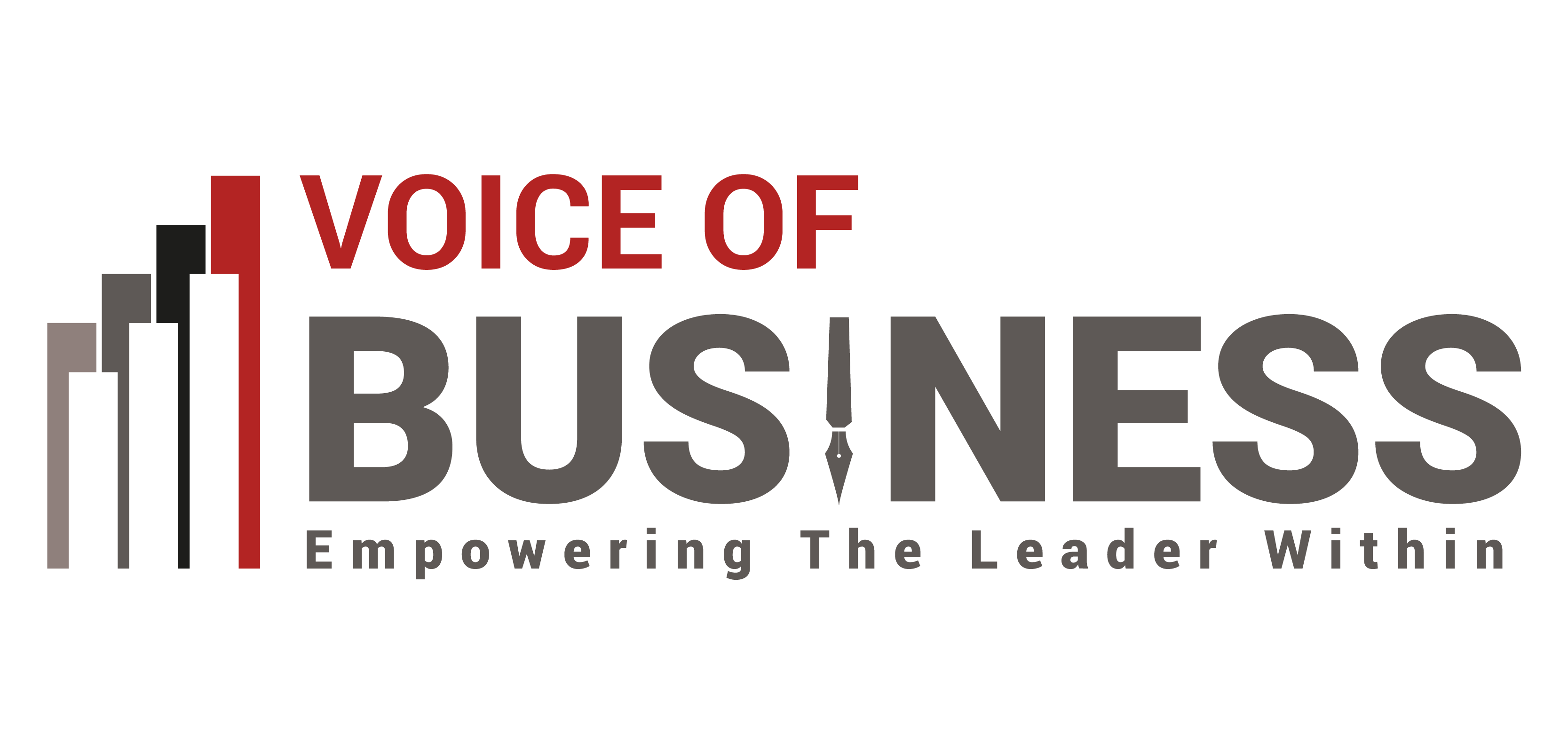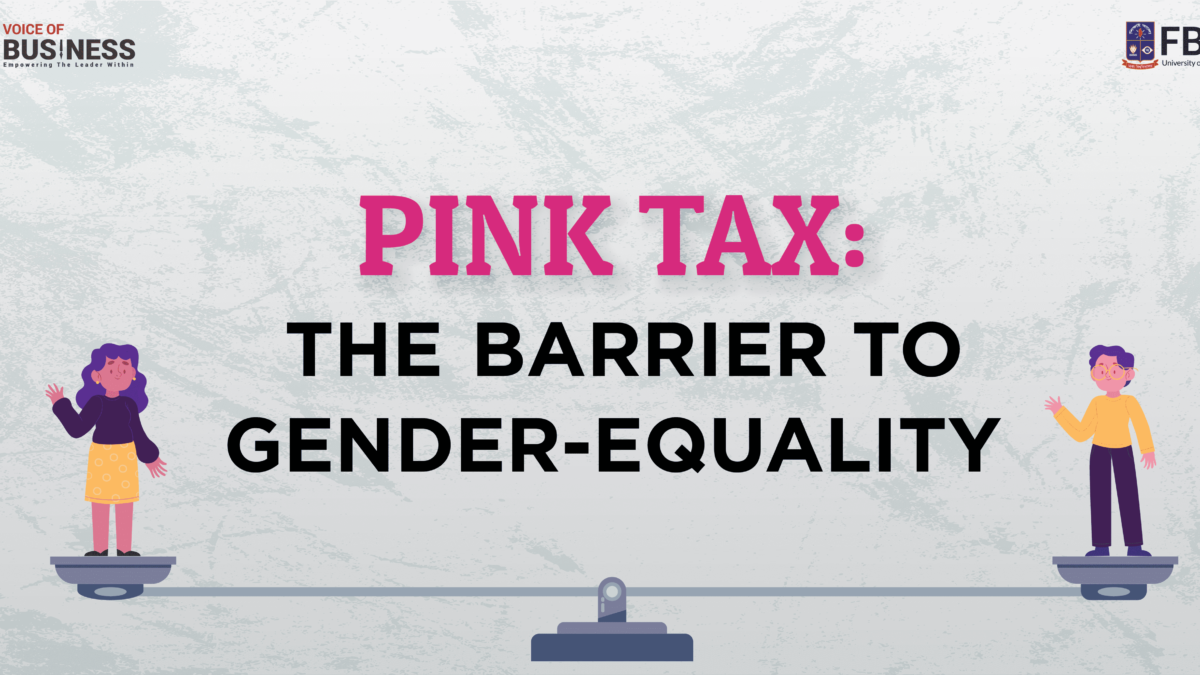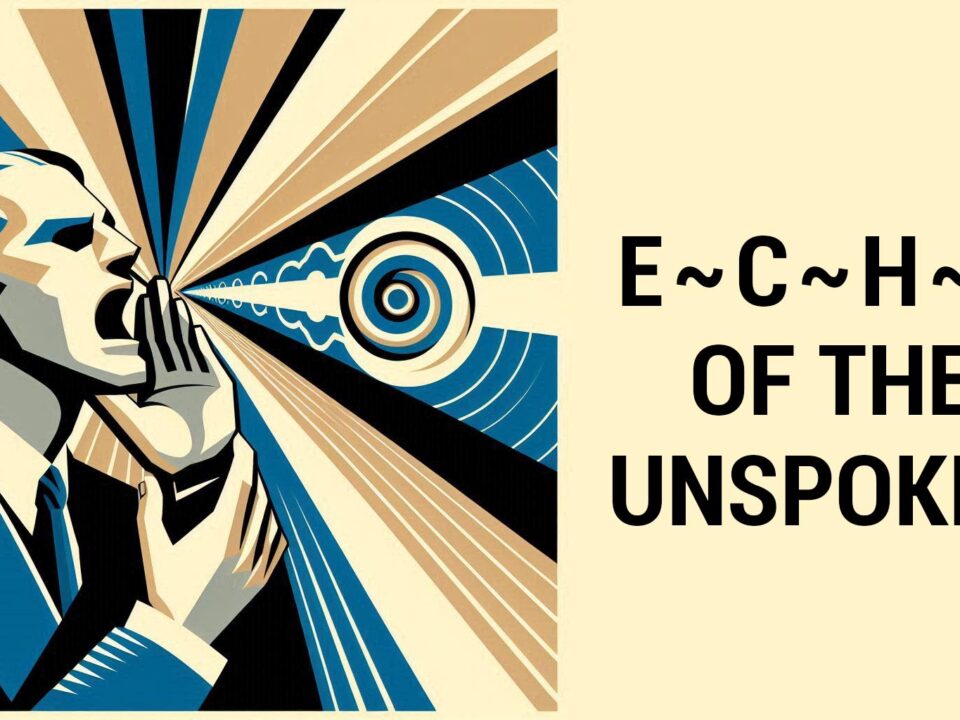Pink Tax: The Barrier to Gender-equality

From Hobby to Hustle: Turning Your Passions into Profitable Skills
March 24, 2024
Swipe to Unlock Marketing!
April 6, 2024There is an evident disparity in pricing between men’s haircuts, which typically cost around Tk.100, and women’s simple haircuts, which are priced at roughly Tk.500. Why does a snip of the scissors cost more for women than men? It’s not just about styling preferences; it’s about a peculiar economic phenomenon known as the ‘pink tax’ that raises questions about gender-based pricing disparities.
The pink tax is commonly seen as a type of pricing discrimination based on gender, where the term ‘pink’ is used because many of the products affected by this phenomenon are colored pink.
Basically, a whole new word was needed to explain this discrimination where women pay extra money to buy womanly products, like razors, clothing, deodorants, and many more. The pink tax is the reason why products marketed to only women are more expensive than similar products marketed to men. And Bangladesh is not an exception.
Don’t believe it? Just go to any super shop, and take a 250 ml shower gel, it would be around Tk.375 and Tk.420, the latter for women. Other stuff for girls and boys has different pricing though the products are of the same quality. Discrepancies exist, in low and high numbers.
What could be the most important item in a general store if you are a woman? Obviously, the sanitary napkins! It’s our regular necessity. Unfortunately, in many parts of Bangladesh, it is considered a luxury product. The majority of the sanitary napkin prices range from BDT 70-145/pack which is a lot for a necessity good. Luxury taxes are usually placed on products that are thought to be unneeded. The irony is a male shaving his beard or washing his hair is considered more necessary than feminine hygiene according to our patriarchal society.
Even female-oriented services e.g. beauty parlors, and salons are taxed differently than male-oriented services. The pink tax is prevalent in Bangladesh affecting the purchase behavior of female consumers in the country. Unfortunately, this is the cost of being a female!
Despite serving only a neutral purpose, products targeted at women consistently bear a higher price tag, adding another layer of frustration to the gender-based pricing disparity. Companies are known to have a phrase for justifying their price on a product that goes like ‘Shrink it and pink it’ – which implies the product can have a higher price if it is pink and small. They invest more money in research and development, advertising products on television, and also in magazines, as they find it profitable, for this, they are willing to spend more money advertising to women than they are toward men.
If you are privileged, this pink tax may sound harmless to you. But it is one of the roots for which discrimination is still existing in the system and that is alone a barrier to progress. As the worldwide wage gap and perceptions of women as the ‘less efficient’ gender persist, a closer look reveals how illogical pricing strategies contribute to this systemic inequality. If you really want to escape from the pink tax, there are some steps we can take to combat this issue.
We can swap the men’s or unisex versions of commonly overpriced stuff. Or, we can be careful about where we shop as there are some companies who reduce the price of women’s products they sell to minimize the effect of the pink tax. Combat the pink tax wisely. Shop around for the fairest deals on services like haircuts and dry cleaning, recognizing that not all businesses play by the pink tax rules. Opt for gender-neutral products strategically, challenging biased pricing with your choices. Empower economic equality by supporting businesses led by women and choose allies among companies that take a stand against the pink tax. Be a catalyst for change by spreading awareness about this unjust practice.
In this 21st century, the world is progressing at a rampant speed. Governments and corporations are trying to ensure gender equality and inclusion. Being a developing country, Bangladesh is also endeavoring to take part in this noble mission. But due to a poor socio-economic state and lack of education, women empowerment is not being achieved at a decent pace. On top of that, the culture of most of our rural areas is highly conservative which is also blocking us from spreading progressive rhetoric. We cannot progress as a nation while holding regressive views on gender. We as a society need to acknowledge this before it’s too late.
Author: Farisa Islam, Executive | Editorial, Voice of Business
Visual Designer: Nusaiba Binte Anis, Executive | Publications, Voice of Business




